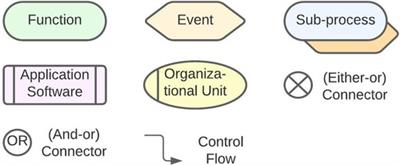EDITORIAL
Published on 30 Oct 2024
Editorial: Digital health applications: acceptance, benefit assessment, and costs from the perspective of patients and medical professionals
doi 10.3389/frhs.2024.1501903
- 335 views
7,135
Total downloads
26k
Total views and downloads
You will be redirected to our submission process.
EDITORIAL
Published on 30 Oct 2024
ORIGINAL RESEARCH
Published on 19 Sep 2024
ORIGINAL RESEARCH
Published on 17 Jul 2024
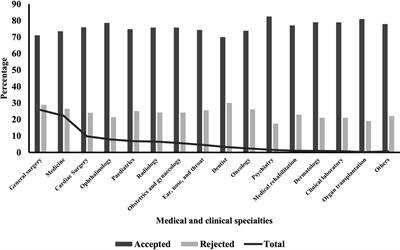
ORIGINAL RESEARCH
Published on 04 Jul 2024
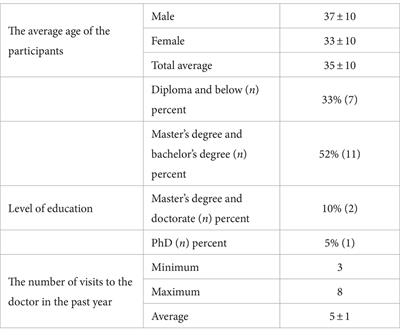
REVIEW
Published on 11 Jun 2024
ORIGINAL RESEARCH
Published on 21 May 2024
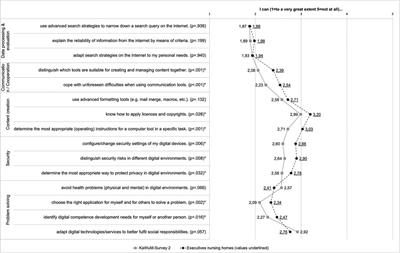
ORIGINAL RESEARCH
Published on 10 May 2024
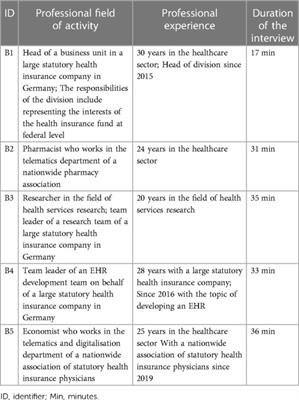
SYSTEMATIC REVIEW
Published on 01 May 2024
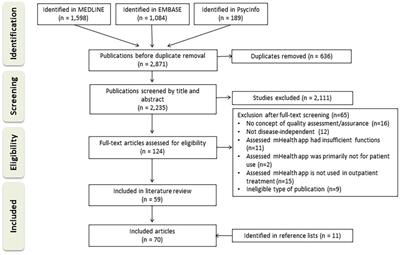
CORRECTION
Published on 26 Apr 2024
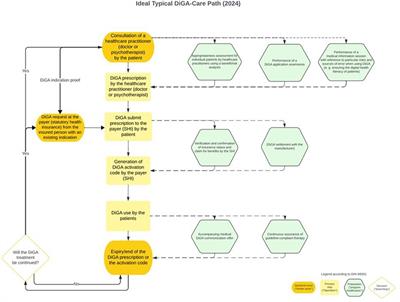
SYSTEMATIC REVIEW
Published on 11 Apr 2024
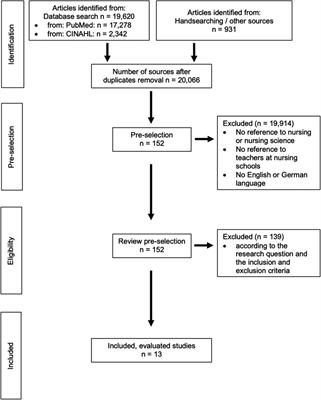
ORIGINAL RESEARCH
Published on 04 Apr 2024
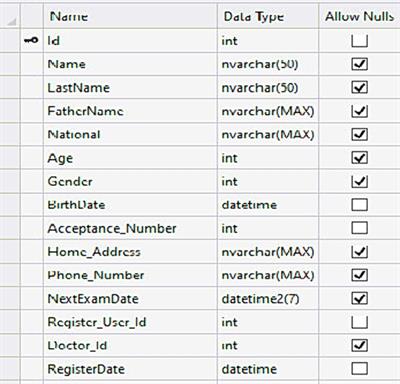
ORIGINAL RESEARCH
Published on 13 Mar 2024
